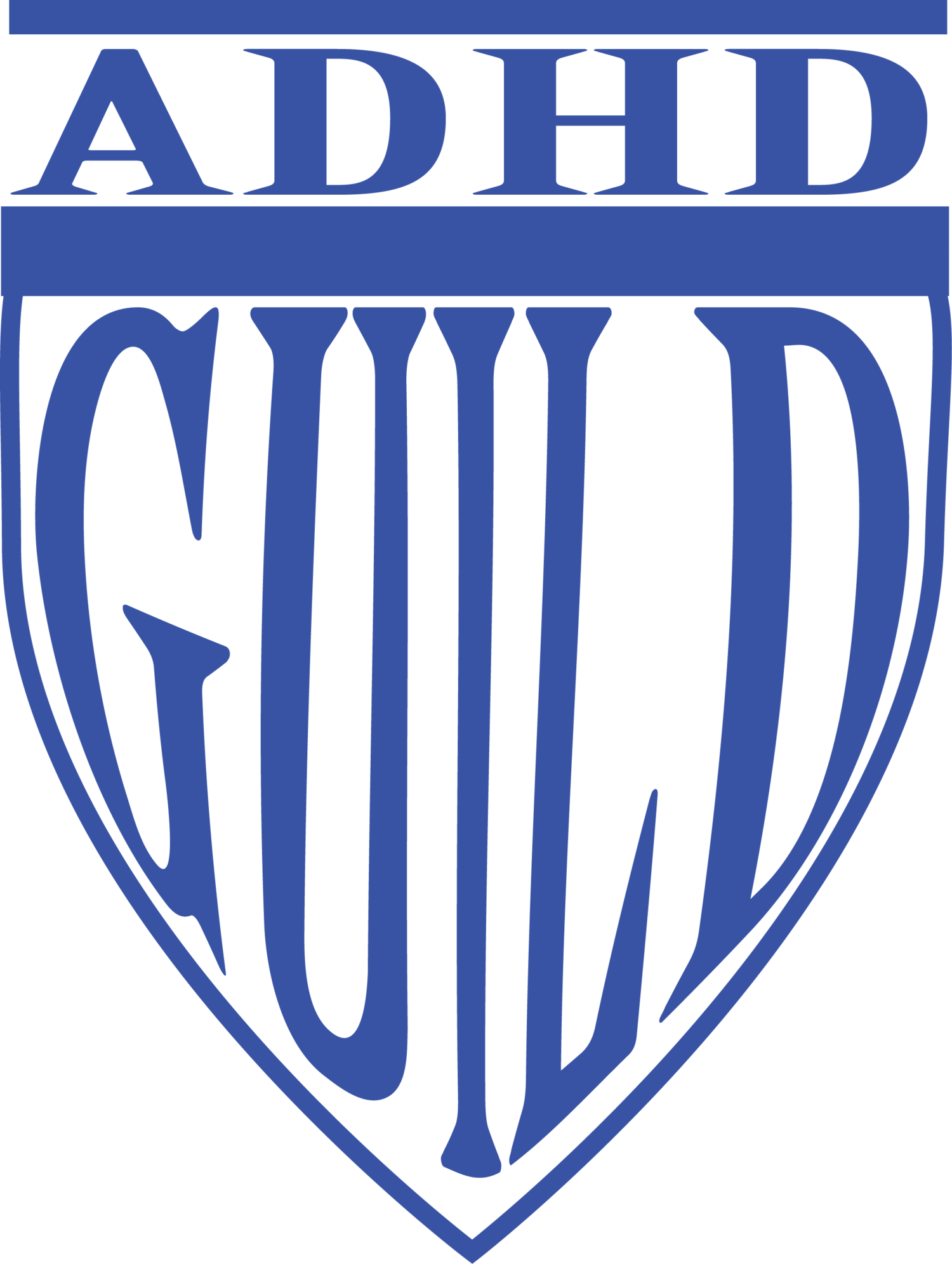Annoying Stuff is in the Way of Getting Help (Why Asking for Help is Hard with ADHD part 5)
Almost nothing about asking for help is pleasant when you're dealing with the points of friction we've been covering in this series about how hard it is to ask for, and get help, with ADHD. Some things are truly annoying, like the cost of support! It can cost a lot of money to have regular therapy, tutoring, or ADHD Coaching, to name a few. However, searching for sliding scale support is always an option. Psychology students or those first starting out in the mental health industry will often agree to work at lower cost, which can be a mutually beneficial arrangement.
Unfortunately, support can also sometimes be expensive in other resources, such as the mental cost of asking a problematic family member for help. Even well-meaning family members can inadvertently cause as much stress as assistance. And, because ADHD is heritable, but not all ADHDers are alike, it might be hard for family members to understand why their solution doesn't work for you. In this case, mentally strategizing for the cost of asking someone else for their support, and bracing yourself for the response, can sometimes minimize the impact.
Then there's the ironic conundrum of struggling to fill out forms because we have ADHD, and being asked to fill out many forms in order to get support for that same ADHD. Yikes. In this case, start small. Begin with Googling tips and tricks for how to fill out for forms when you have ADHD, use ADHD Guild, friend, or other accountability, if you have that. Bring whatever current resources you have to bear on the task, keeping in mind that things will get easier from here on out.
If you're filling out a form for an academic or a job-related situation, ask someone involved if there’s any support they can offer in this area. Accessibility services with schools can sometimes offer support and are likely more than passingly familiar with ADHD. A job might be able to give you access to the forms in a quiet room, and you may not even need to disclose your ADHD diagnosis, if you aren't comfortable with that.
If you're searching for a person to support your mental health, if possible go with the one who has the fewest forms or questionnaires! Lots of people who specialize in ADHD do this on purpose because we know forms can be a barrier to entry.
Then there are times when we might be confused about what support we actually want in the first place. We can't ask for something we aren't clear about. And that can be incredibly frustrating. In the end, it all comes down to pain. And pain is often intense for those with ADHD. Take some time to ask yourself: What specifically is causing you pain? Once you’ve clearly identified the pain point, keep narrowing down the field of search to find a solution. Talking it over with someone else can help a lot, regardless if it's directly their professional area or not. For example, family doctors don’t know all areas of medicine, but part of their job is to know enough to send patients to specialists for further treatment. You can do the same thing with therapists, good managers, good teachers, and so on. Bring whatever you have to whoever you have access to. Hopefully they can empower you to the next stage.
Another option is to write out the things causing us pain in order to understand them better. Sometimes it can also help us come up with better words to communicate to someone else about our struggles. If writing isn't the best tool for your thinking, talking about it to someone else beforehand can help. Verbal and/or written processing is common in folks with ADHD
Other times the concern might be that the help we need doesn’t actually exist, and therefore our search will be in vain. This is an incredibly hard place to be in. This fear can cause intense paralysis. This paralysis could be a coaching or therapy topic all on its own, if we have the resources to bring it up. The main thing to remember is that we are 100% guaranteed to never find a solution if we do nothing. Sometimes this feels more comfortable than losing hope over and over again. But there are very few mental landscapes for whom there is literally no hope and no help to be had. ADHD is one of the most studied of these landscape components. If you've found this, that means you know there are resources out there to support brains such as ours. It is scary, but if you can, keep going. Brittany and Colleen have heard so many people say, "It was worth it."
